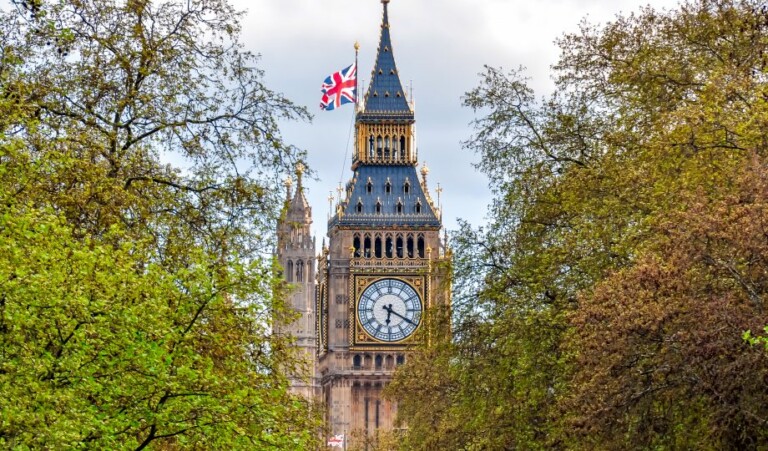Government must listen to CCC’s wake-up call

- The UK’s Climate Change Committee (CCC) has published its annual Progress Report to Parliament, concluding that it has ‘markedly less’ confidence that the UK can meet its climate goals from 2030 onwards compared to its last annual report
- The CCC recognizes that time is very short to achieve the required change of pace – in seven years, the rate of annual carbon emissions reduction outside the electricity supply must quadruple.
- The CCC says that the Government has not made progress on its seven key recommendations made last year, and outlines areas were urgent progress is needed, ranging from rapid reform to the planning system to stepping up rates of nature restoration.
UKGBC responds to the Climate Change Committee’s annual Progress Report’s warning that little progress has been made in a year.
Simon McWhirter, UKGBC Deputy Chief Executive said:
“This is a deeply troubling assessment. With the UK’s planning system blocking vital progress, efficiency installations falling last year despite 30 million buildings urgently needing energy upgrades, and the UK ranking dead-last in Europe for heat pump installations, this report shows how severely off-track we are from our path to a net zero future.
“The Government can still turn this around by adopting the key recommendations made by the CCC today, which reflects UKGBC’s own Scorecard of Government policy. But the time-window is closing rapidly, and the UK needs a step-change in direct investment and policies that will enable home insulation and the switch to electric heating at pace and scale. Together with more than 100 UK businesses, we’ve called on the Government to take the golden opportunity of using the Levelling Up and Regeneration Bill currently before Parliament to align the planning system with our climate and nature goals. And its Future Homes and Buildings Standard, due to be consulted on this summer, is the moment to show the necessary ambition to ensure all new buildings are genuinely fit for purpose – with very low energy demand and adapted to our heating climate.”
Related
New Secretary of State can act decisively to re-prioritise net zero

Energy procurement is a critical factor in achieving Net Zero in the UK

Simon McWhirter joins National Retrofit Hub as Board member

Delaying energy efficiency standards for renters is environmentally reckless and economically damaging

